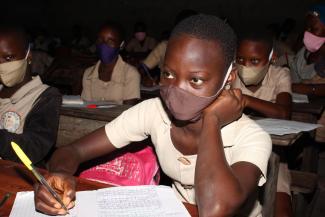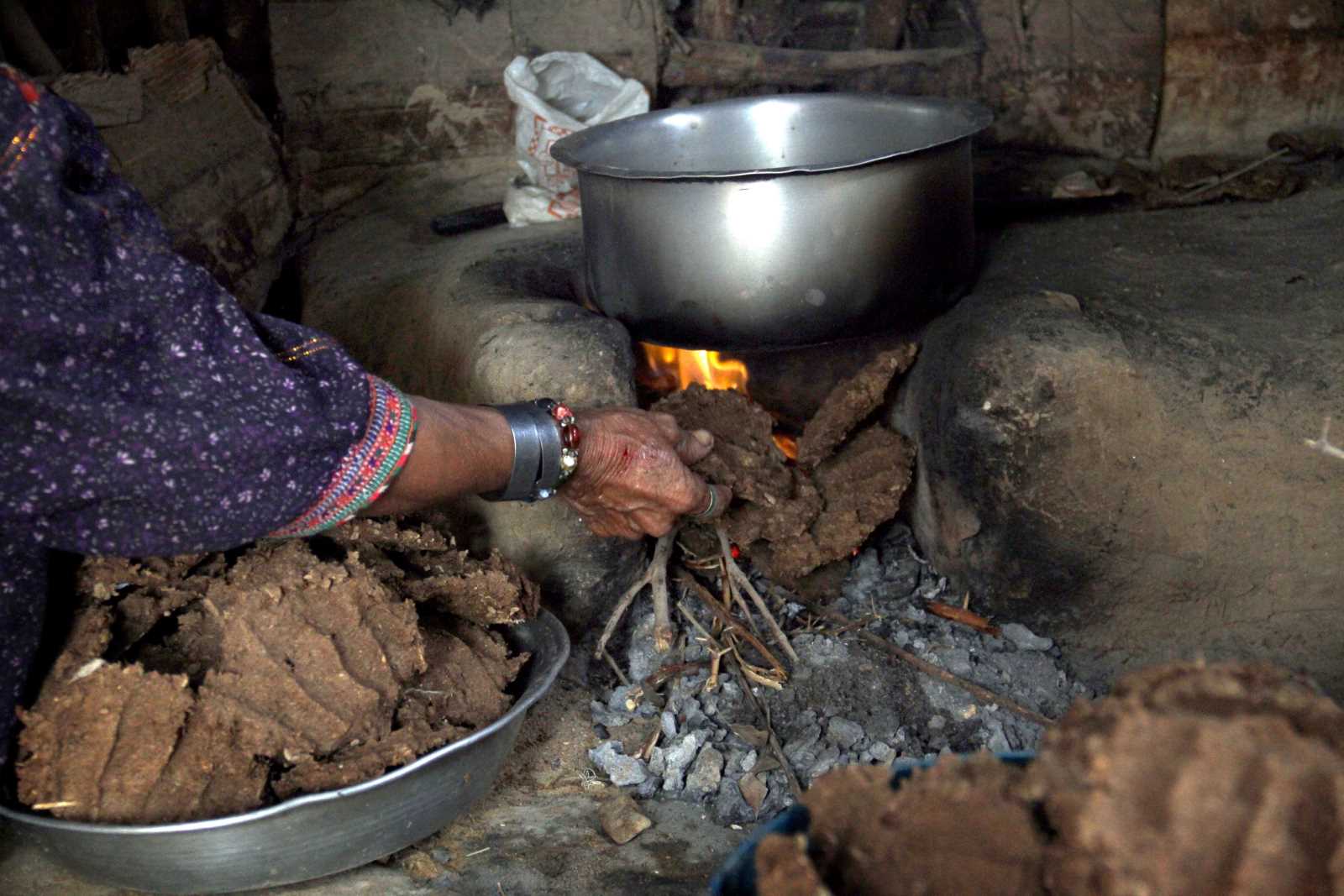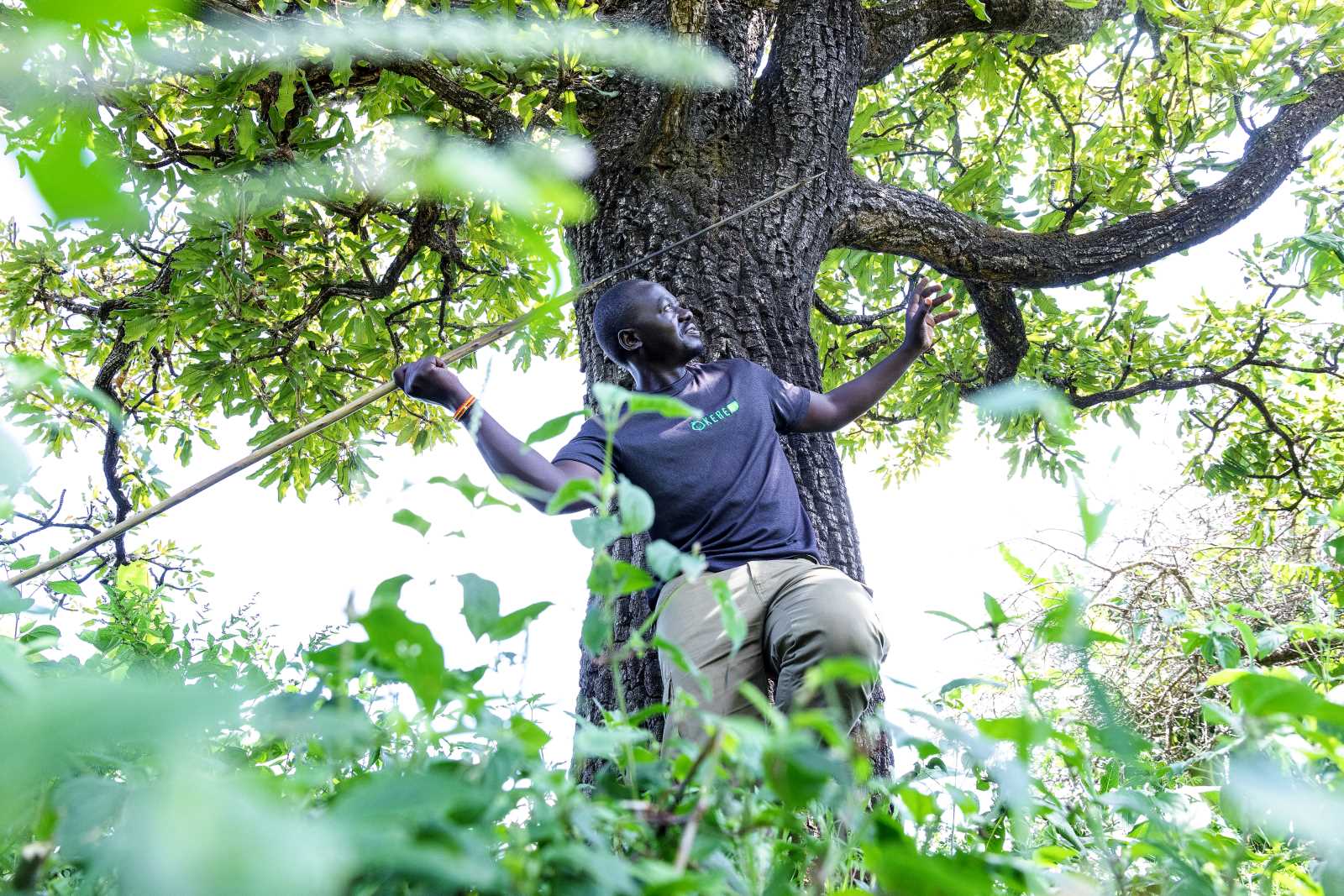Public health
Overburdened even in good times

“Some people believe that the virus has already disappeared because the number of fatalities is low’’, Hounkpatin said. “That’s a terrible mistake.’’
Some people endorse the minister’s view. Jean-Benoît Akpovi, a teacher of philosophy, thinks that too many people are no longer taking the infection risks seriously. “I note a blatant disregard for preventive measures. Most people are no longer wearing their face masks; some don’t even bother washing their hands before eating anything,” he says, and then points out: “I mean people in the civil service.’’
Hubert Gnonlonfoun, a law student at the University of Abomey-Calavi, laments widespread indiscipline too. “Old habits die hard,’’ he says. “I see people shaking hands as if the virus were defeated.” It worries him that infection numbers are indeed rising.
The student has a point: in bars, pubs and eateries, where beer flows abundantly and huge loudspeakers blare deafening Afro-pop music, customers sit close to one another. They crack jokes, laugh with their mouths wide open and pat each other on the back. Where people go to have fun in their free time, they apparently do not want to consider health risks.
At work and in schools, by contrast, preventive measures are generally being enforced. Social distancing is practiced and face masks are worn, though there are some lapses. It certainly helps that the ORTB, Benin’s public service radio, broadcasts regular ads to warn citizens against carelessness and irresponsible behaviour.
Benin officially recorded its first Covid-19 case in March. The health authorities responded fast. A first partial lockdown of the urban agglomerations was enforced for a few days. Road traffic was restricted in some areas, and land borders were temporarily closed. So was the international airport in Cotonou. Schools and university campuses shut down too, but later reopened again with new Covid-19 rules in place.
As of 22 November, Benin had recorded more than 2,900 Covid-19 cases and 43 related deaths. In a country of 12 million people, some feel that these numbers do not warrant serious restrictions. “Why panic?”, a young man asked me. “We must move on with our lives, we cannot allow this invisible virus to hold us down.”
The truth is that preventive measures simply do not fit Benin’s culture. People are used to holding each other’s hands when they meet. It is also true, however, that Benin’s health-care system is weak and chronically over-burdened even in good times. The country is lucky to not have been hit harder by the corona virus so far, and it probably helps that people are quite young on average. Half of the population is not yet 19 years old. But where professional care is hard to come by, cure will often prove illusive, so prevention certainly makes sense. The health minister’s warning is of lasting relevance.
Karim Okanla is a media scholar and freelance author based in Benin.
karimokanla@yahoo.com












